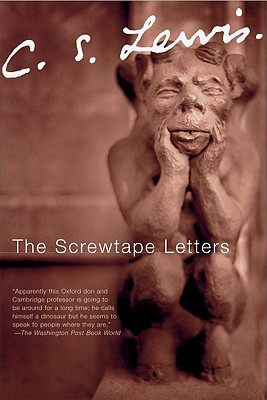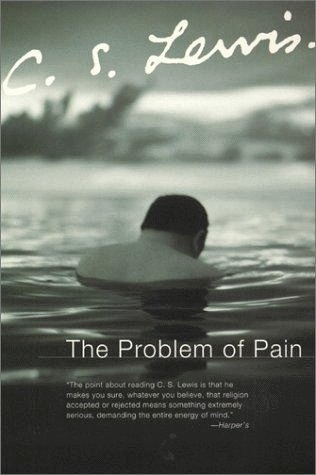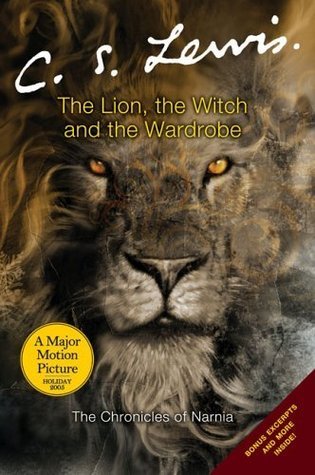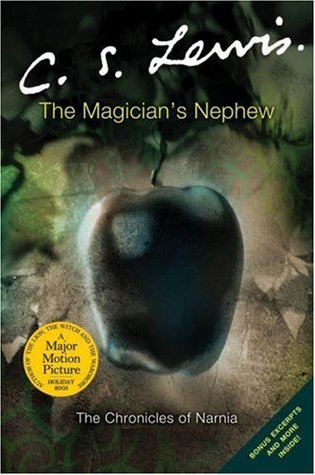This book is a collection of Lewis's essays, almost all written for newspaper and magazine publication. The author writes about current events of 60-80 years ago, so it would seem they could hardly be called "present concerns." But in another sense, as editor Walter Hooper explains in his introduction, the subject matter Lewis wrote about is indeed "present" with us today, for in discussing then-current news, he gives timeless wisdom, as true today as it was in World War II or the Cold War, when Lewis wrote about it.
In applying this wisdom to his own time, Lewis is very philosophical (as in all his non-fiction). Obviously, this kind of writing isn't for everyone--for many, it can be sleep-inducing! But this book gives the reader small doses of Lewis's philosophizing. Instead of a whole tome on one subject, in this book, the author leaps from subject to subject, treating each topic in no more than a few pages. As a result, this anthology may be a good introduction to Lewis for those who have never read his non-fiction.
Unlike his other works, these writings aren't mainly concerned with theology and literature (though these subjects are often touched on). One theme in several of the essays is equality and democracy. Befitting his identity as a citizen of England (and that country's constitutional monarchy), he believed things that we Americans (who live in a republic) may disagree with. Here are some interesting quotes that may be controversial on this side of the Atlantic:
- "Democracy demands that little men should not take big ones too seriously; it dies when it is full of little men who think they are big men."
- "Equality (outside mathematics) is a purely social conception. It applies to man as a political and economical animal. It has no place in the world of the mind."
- "Where men are forbidden to honour a king they honour millionaires, athletes, or film-stars: even famous prostitutes or gangsters. For spiritual nature, like bodily nature, will be served; deny it food and it will gobble poison."
I found this book hard to understand in some places. Even though Lewis wrote about timeless truths in talking about current issues, it was still hard to understand some of what he talks about without knowing more about the then-current events. The editor shed some light on some of these events, but not enough, in my estimation.
At the same time, there are many great truths that can be gleaned from the parts that are understandable, which still includes most of the book. For example, in the first essay, "The Necessity of Chivalry," Lewis defines in a different and more relevant way than I have heard before what chivalry is and shows why it is so necessary to civilization. The best essay may be "On Living in an Atomic Age". Lewis wrote it during the Cold War, when fears of nuclear war were at their zenith. Using reason, the author makes his readers see that the specter of nuclear war only reminds us of the necessity of the spiritual world (including God) and the bankruptcy of naturalism. For these and other examples of Lewis's sanity and amazing insight, Present Concerns earns 3 out of 5 stars in my book (⭐⭐⭐).












